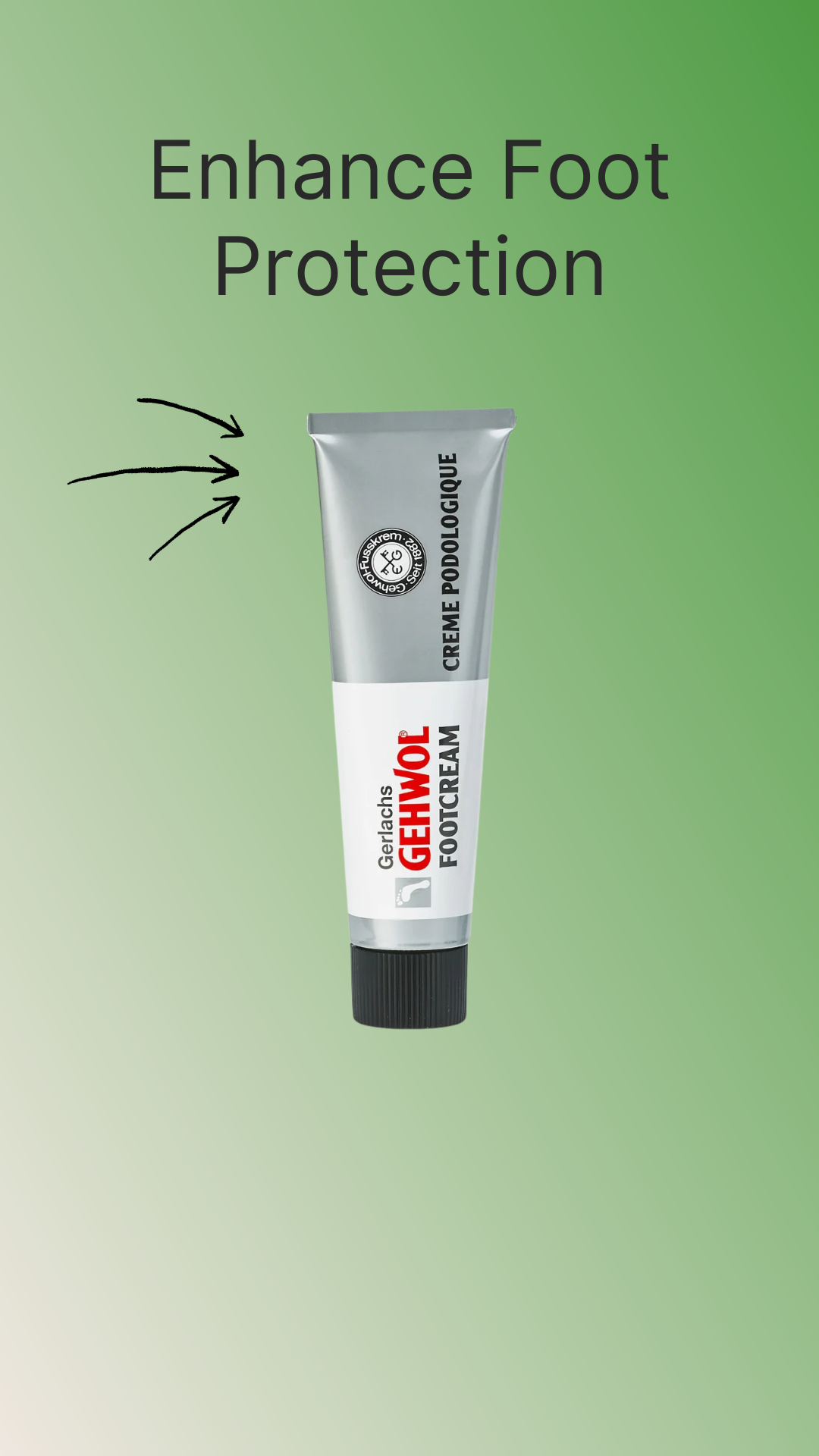Achilles tendonitis is a painful condition caused by inflammation of the Achilles tendon, the band of tissue that connects the calf muscles to the heel bone. For men, this condition is often linked to sports, heavy physical work, or long periods of standing. The right footwear is essential to reduce strain, support healing, and prevent further injury.
This guide explores the best shoe features for Achilles tendonitis in men, why orthopedic shoes are recommended, and practical tips for staying mobile and pain-free.
What Causes Achilles Tendonitis in Men?
-
Overuse from running, sports, or repetitive movement
-
Wearing unsupportive shoes without heel cushioning
-
Sudden increase in physical activity
-
Tight calf muscles adding stress to the tendon
-
Age-related tendon wear and tear

Key Features of Shoes for Achilles Tendonitis in Men
Heel Cushioning
Absorbs impact and reduces pressure on the tendon.
Rocker Bottom Soles
Promote smoother walking and reduce strain on the heel and calf.
Supportive Midsoles
Keep the foot stable, improving gait and reducing tendon stress.
Extra Depth & Width
Accommodates swelling or orthotics without discomfort.
Lightweight Build
Prevents additional fatigue while providing stability.
Why Orthopedic Shoes Work for Achilles Tendonitis
-
Pain Relief – Cushioning reduces heel impact during walking.
-
Supportive Design – Soles improve gait and posture.
-
All-Day Comfort – Suitable for work, leisure, or light activity.
-
Adaptability – Removable insoles allow for heel lifts or orthotics.
-
Durability – Medical-grade construction withstands daily use.
Everyday Tips for Managing Achilles Tendonitis
-
Stretch calf muscles daily to ease tendon strain.
-
Apply ice after long periods of activity to reduce inflammation.
-
Avoid high heels or completely flat shoes.
-
Replace worn-out footwear promptly.
-
Consult a physiotherapist if pain persists.
Final Thoughts
For men in the UK living with Achilles tendonitis, supportive shoes can make all the difference. Orthopedic footwear with cushioned heels, rocker soles, and supportive midsoles provides everyday comfort while protecting the Achilles tendon from further stress. The right shoes are more than comfort—they’re a step toward long-term mobility and recovery.



